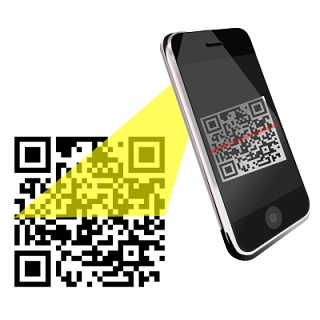QR codes more familiar with smart phone owners than reports suggest
Perception Research Services (PR S) has released the results of a new survey concerning QR codes and their familiarity among consumers in the U.S. QR codes have become widely used mobile marketing tools, allowing companies to engage consumers that are highly reliant on their mobile devices. The codes have proven capable of providing consumers with valuable information that can influence purchases. Despite the prospects of QR codes, however, some reports suggest that they are rarely used by consumers and that many people do not know what the codes are. This is not the case, according to PRS.
S) has released the results of a new survey concerning QR codes and their familiarity among consumers in the U.S. QR codes have become widely used mobile marketing tools, allowing companies to engage consumers that are highly reliant on their mobile devices. The codes have proven capable of providing consumers with valuable information that can influence purchases. Despite the prospects of QR codes, however, some reports suggest that they are rarely used by consumers and that many people do not know what the codes are. This is not the case, according to PRS.
Survey shows mobile shoppers are in tune with QR codes
According to the PRS survey, approximately 54% of consumers surveyed own smart phones. Nearly 76% of these people make use of their mobile device for shopping purposes through mobile commerce platforms. Roughly half of these mobile shoppers use their devices to check prices and do research on products they may be interested in. Electronics and packaged goods are the most common categories consumers focus on while using their mobile device to shop.
94% of smart phone owners recognize QR codes
The survey shows that a staggering 94% of smart phones owners recognize QR codes, with another 44% saying they have used the codes while shopping before. The PRS survey suggests that consumers are not as unfamiliar with QR codes as other research has suggested in the past. The level of comprehension smart phone owners show with the codes may actually be one of the reasons advertisers and retailers continue using the codes so aggressively.
Poor experiences could discourage QR code use
Despite the fact that such a high percentage of smart phones owners know what QR codes are, they may still be relatively leery of using the codes for many reasons. Retailers and advertisers often use QR codes to engage mobile consumers, but few companies actually take the time to test their codes to ensure a positive consumer experience. A poorly implemented code could discourage consumers from using them in the future, and word of mouth often persuades other consumers to avoid QR codes as well.

